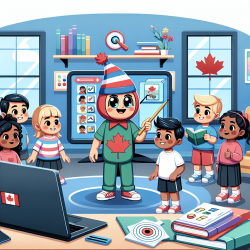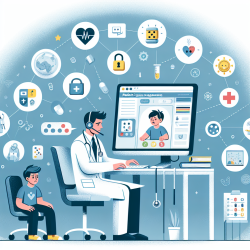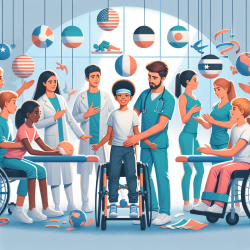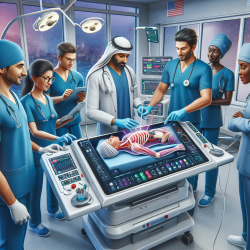Aphasia therapy has long been a challenging area for speech-language pathologists, with the primary goal of improving patients' day-to-day communication abilities. A recent study, "A Call for Investigation Into Focusing Aphasia Treatment Using Alternative Scoring Methods for Communicative Abilities in Daily Living," by Cynthia L. Bartlett from Emerson College, Boston, presents an intriguing approach to enhancing therapy outcomes through alternative scoring methods of the Communicative Abilities in Daily Living (CADL) test.
The standard scoring of the CADL test offers a single raw score, which provides limited insight into the qualitative aspects of a patient's communicative performance. Bartlett suggests three additional scoring methods: Form Analysis, Category Analysis, and Modality Analysis. These methods aim to provide a more nuanced understanding of a patient's communicative abilities and, consequently, more targeted and effective therapy interventions.
- Form Analysis focuses on the distribution of item scores that resulted in the total CADL score, offering insights into the general form of a patient's communication. This analysis helps clinicians understand whether a patient's communicative attempts are generally successful, partially informative, or largely unsuccessful, guiding the focus of treatment towards increasing communicative effectiveness.
- Category Analysis identifies patients' strengths and weaknesses across the ten communicative categories included in the CADL. This method allows therapists to tailor interventions to improve performance in weaker areas while leveraging strengths.
- Modality Analysis compares the communicative modalities a patient uses most frequently with those through which they achieve the greatest success. This analysis can reveal discrepancies between preferred and effective communication methods, guiding therapists to encourage the use of more successful modalities.
These alternative scoring methods offer a more detailed picture of an aphasic patient's communicative abilities than the traditional scoring system. By identifying specific areas of strength and weakness, therapists can focus their interventions more precisely, potentially leading to more rapid and meaningful improvements in functional communication.
Implementing these alternative scoring methods in clinical practice requires therapists to move beyond the traditional raw score interpretation of the CADL. This shift may involve additional training or adjustment in clinical protocols but promises to enrich the therapeutic process. Therapists are encouraged to explore these methods further and consider how they might be integrated into their current practices to enhance the effectiveness of aphasia therapy.
For speech-language pathologists and other clinicians working with aphasic patients, this research offers valuable insights into refining therapeutic approaches to achieve better outcomes. As always, continued research and clinical experimentation are essential to advancing our understanding and treatment of aphasia.
To read the original research paper, please follow this link: A Call for Investigation Into Focusing Aphasia Treatment Using Alternative Scoring Methods for Communicative Abilities in Daily Living.










